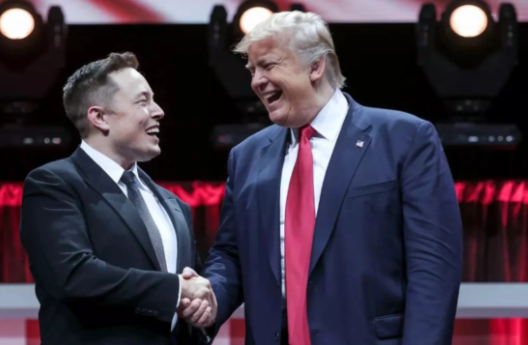Elon Musk will lead a new ‘Department of Government Efficiency,’ Donald Trump says

Former President Donald Trump has announced a bold proposal: the creation of a new “Department of Government Efficiency,” headed by none other than tech mogul Elon Musk. The announcement, made via a social media post, immediately ignited a firestorm of debate, sparking discussions about the feasibility, necessity, and potential impact of such a radical restructuring of the federal government.
Trump’s reasoning, according to his statement, centers on the perceived inefficiency and bureaucratic bloat within the current government structure. He argues that Musk’s reputation for innovation and streamlining processes in the private sector makes him uniquely qualified to tackle the challenges of government waste and redundancy. The proposed department, Trump suggests, would focus on identifying and eliminating inefficiencies across all federal agencies, leveraging technology and data-driven approaches to optimize operations and reduce costs.
However, the proposal has been met with skepticism from various quarters. Critics question the practicality of placing a businessman with no prior government experience at the helm of such a significant undertaking. Concerns have also been raised about potential conflicts of interest, given Musk’s extensive business empire and its interactions with various government agencies. The potential for partisan bias in the department’s operations is another significant concern, given Trump’s own history and the deeply polarized political climate.
Furthermore, the sheer scale of such a project raises doubts about its achievability. The federal government is a complex organism with a vast network of interconnected agencies, each with its own unique mandate and challenges. Streamlining this intricate system would require an enormous effort, necessitating significant legislative changes and widespread buy-in from across the political spectrum. Whether Musk possesses the political capital and influence to navigate these complexities remains to be seen. Trump’s proposal, while provocative, presents a considerable challenge and leaves much room for debate about its potential success or failure.





